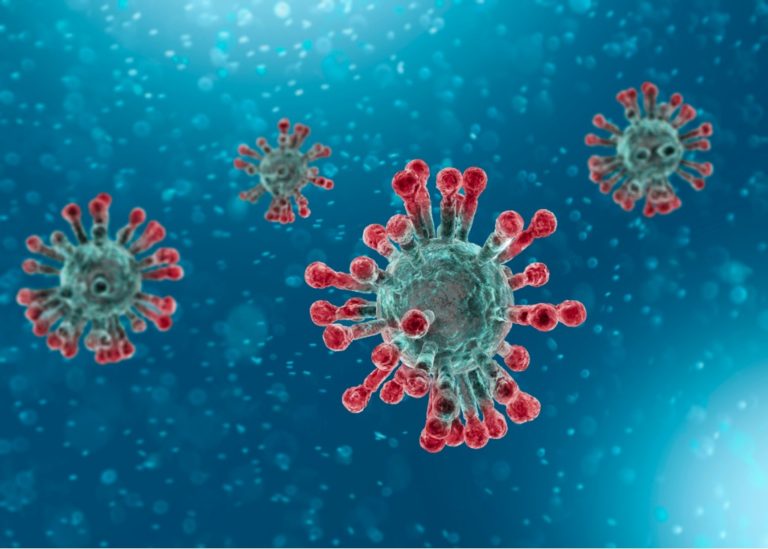The coronavirus that causes the disease known as COVID-19 is closely related to the coronavirus that caused SARS (Sudden Acute Respiratory Syndrome) in the 2002-2003 outbreak. Like influenza and viral pneumonia, this virus affects the lungs and is spread primarily through respiratory droplets and direct contact with body secretions. The infection stimulates coughing and sneezing which allows the virus to spread. Many people who are infected may only have mild to no symptoms but they act as carriers, spreading the virus throughout the population. In addition, the virus can survive for days on some surfaces being transmitted by contact with those surfaces.
For 80-85% of the population, COVID-19 infections will remain relatively mild. However in 15-20% it can cause severe respiratory distress. The most at-risk group are older people, who tend to have weaker immune systems as are those with pre-existing pulmonary disease, diabetes or congestive heart failure. Chronic smokers and patients receiving immunosuppressive treatment are amongst those at the highest risk.

Since COVID-19 results from coronavirus infection, it is managed using all the techniques and protocols discussed in the Viral Infection discussion.
Functional Medicine looks first and foremost at the patient’s current immune health status and works to develop a number of antiviral and immune support strategies that can be adopted to decrease risk of infection (prevention) and support antiviral immune responses in cases of infection.
Based on extensive published literature and a detailed evaluation of the physical status of the patient, possible strategies of herbal and nutritional intervention may include:
In Functional Medicine, we tailor our approach to the needs of each individual. Emphasis on each of these areas depends on the current health status of the individual and any concurrent health issues.
Milpitas: 408-262-6606
1649 S. Main Street, Ste. 102
Milpitas, CA 95035
Oakland: 510-350-8082
6232 La Salle Ave
Oakland, CA 94611